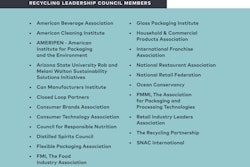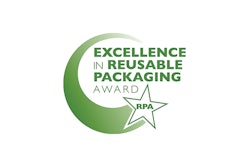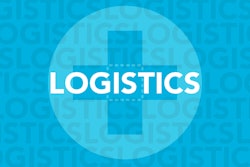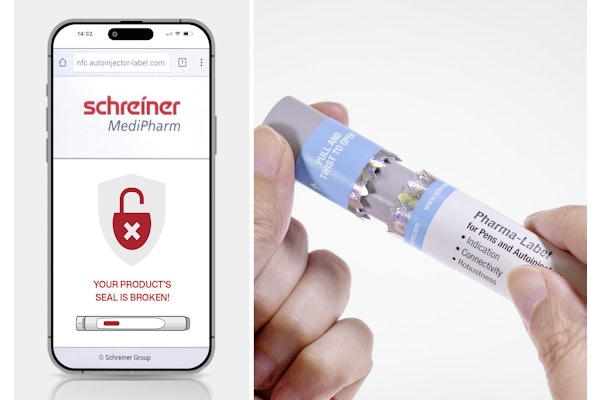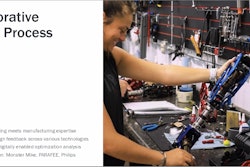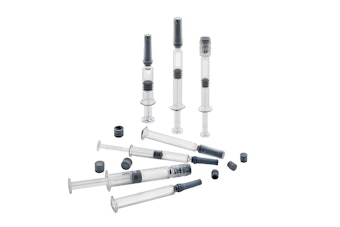
This content was written and submitted by the supplier. It has only been modified to comply with this publication’s space and style.
Today, the Alliance to Modernize Prescribing Information — AMPI — a coalition of cross-industry healthcare stakeholders created to reduce prescribing label waste and improve patient safety, announced the addition of two new members — Bristol Myers Squibb and Fresenius Kabi.
Founded by members AbbVie, AmerisourceBergen, Johnson & Johnson, Merck, Pfizer, Teva, and Viatris — AMPI is working more specifically to advance policy reforms to modernize the antiquated paper prescribing labeling requirements for prescription drugs. While physicians and pharmacists almost exclusively rely on the digital versions of these labels, manufacturers are still required to produce printed paper labels that are redundant and discarded. For those without digital access, paper versions would be available to them upon request.
According to data sourced from the Sierra Club and the U.S. Food and Drug Administration (FDA), each year more than 4.8 million trees are used to produce 90 billion pieces of paper used to make prescribing information labels. These paper labels can be as long as 45 pages in length and are typically discarded — amounting to over 900 million pounds of paper waste.
“The requirement for paper prescribing labels does not serve the environment and no longer serves patients,” said Mark Hendrickson, spokesperson for the organization. “The system is not compatible with today’s fast-paced technology and continuing to require manufacturers to send information in the form of bulky paper attachments rather than rely on the current online updates does not serve the best interests of prescribers. Policymakers should let AMPI members eliminate this waste.”
AMPI seeks to modernize a 1962 requirement that was put in place by the FDA requiring all prescribing information be included on all prescription drugs. These labels were in printed form because no other option existed at the time. In 2005, the FDA took a step toward digitizing these labels when the agency required manufacturers to make digital alternatives available in addition to the printed labels. However, before the migration to fully digital could occur — as the FDA had intended in a 2014 rule, Congress intervened and blocked any use of funds to move completely to digital prescribing information labels. While prescribing information used daily by physicians and pharmacists has been posted on the National Library of Medicine’s DailyMed website since 2005 to enable real time access to changes in this information for their patients, manufacturers are still required to also produce a redundant printed paper label version that cannot be updated in real time, irrespective of whether the labels are almost entirely discarded.
WATCH: Prescribing Information (E-Labeling) Issue Summary:
https://www.youtube.com/watch?v=KZGOP6ZAxHI&feature=emb_logo



